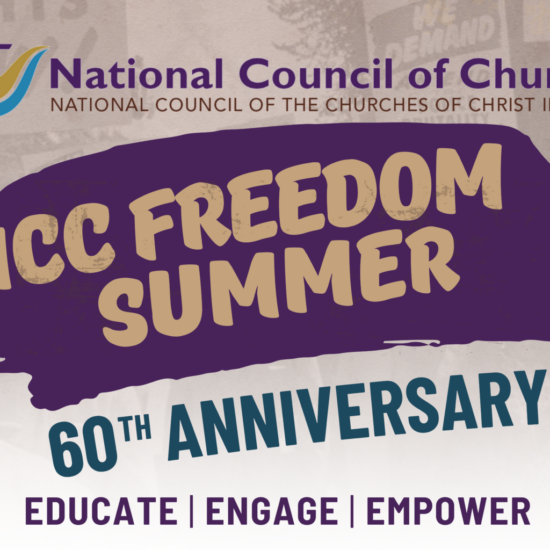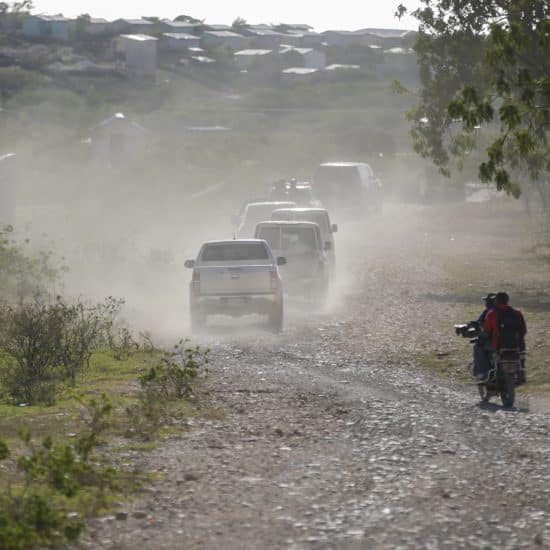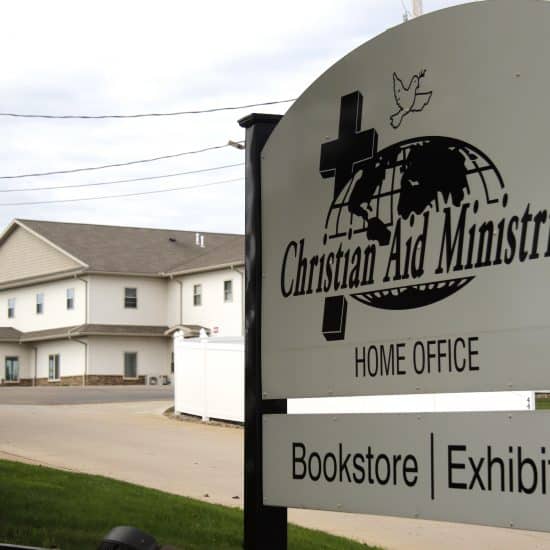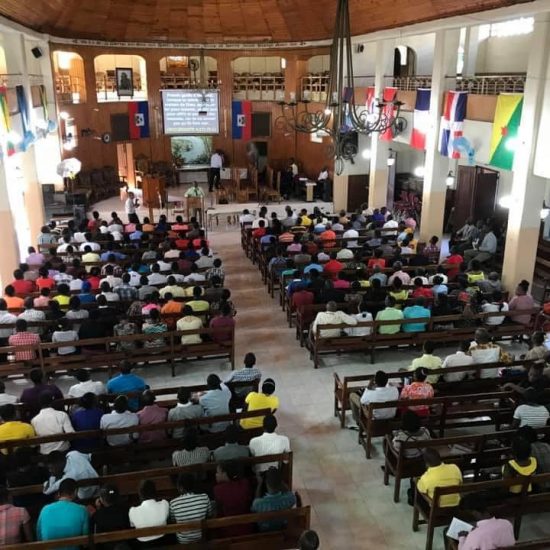The death and carnage wreaked in Haiti last week by a massive earthquake whose epicenter was the capital city of Port-au-Prince has struck a compassionate chord worldwide. As I write, Haiti is just about two or three days out from the quake that violently shook and then flattened the city. Those who will render aid on the ground are rapidly assessing the possibilities, but this will not be easy.

Bill Webb
|
No one knows how many have perished nor how many more will. Initial estimates suggested more than 100,000 people died. The visible dead were being stacked on sidewalks; there was no place to take the bodies, and roads were destroyed or blocked. Survivors lingered near the bodies of loved ones — adults, children and infants. Many more were lost and unaccounted for, presumed trapped or dead under collapsed buildings.
The injured lay in wait for medical attention. Hospitals and medical clinics — those not destroyed by the earthquake — were overwhelmed by the sheer volume of need. The homeless were sleeping in the streets or crowding near outlets for benevolent ministries. The hungry waited for relief to come not only in the form of medical supplies and personnel but food and potable water. They could only wait.
This 7.0 earthquake did not strike a prosperous Caribbean island. Haiti was already the most impoverished nation in the Western Hemisphere. Haitians have over and over experienced famine.
Religious ministries and other humanitarian agencies have been permanent fixtures on the island of Hispaniola that Haitians share with the Dominican Republic — Haiti’s alter-ego of a nation that, too, has poor people among its population. But the Dominican Republic also has fashioned itself into a hugely popular destination for wealthy vacationers.
Many human needs ministries were victimized by the earthquake and its aftershocks. Facilities were destroyed and many who have been extending care were either killed or were missing, among them physicians and other medical personnel.
President Obama promised U.S. response. Nations from around the world began mobilizing volunteers, money and supplies. Corporations quickly pledged $1 million or more to help the nation and its people. Christian humanitarian and disaster relief ministries began mobilizing resources and volunteers. Charities began to seek funds earmarked for Haiti relief.
The American Christian community particularly has a heart for Haiti and its people and has for a long time. Haiti has perpetually needed help, and it has been a nation extremely easy to access from the United States.
Some churches and denominations have had a continuing charitable ministry relationship with Haiti for decades. Volunteer teams come and go with regularity. Many were in the country when the earthquake began shaking the land on Jan. 12, and others were scheduled to make their own trips during the next few weeks and months.
Some volunteers went with a team and returned to stay, operating orphanages, helping in clinics and promoting other human needs ministries. All have ministered with a mind to touch the island nation’s population, some of whom dabble in animistic religions and voodoo.
Haiti has seen the infrastructure for a large part of its population disappear. Communications, transportation, utilities and significant buildings like hospitals and schools have long been deteriorating. While assessments are still being made, it appears likely that this will not be a repair mission but a replacement one.
The bottom line is that all these conditions impact people in ways unimaginable to most of us. And they don’t begin to address the loss of life and its impact on individuals and families.
How Word&Way readers should respond in a situation like this probably seems pretty simple:
First, pray — specifically. Godly people know this is a critically important response.
Second, stay informed. National media will stay abreast of this story. Churches and denominations will help members know of specific needs. Publications like this one will do the same. We’ll report on the need, but we also will report on the responses of Baptist churches and entities in Missouri. Keep us posted.
Third, give. This tragedy calls for donations of money. In the main, our readers want to give through reputable channels that emphasize the love of Christ. Some of those include: Baptist World Aid (Baptist World Alliance), Baptist Global Response (Southern Baptists), Cooperative Baptist Fellowship , Buckner International and International Ministries (American Baptist Churches USA). There are many others. Fourth, consider becoming a volunteer if you sense you have skills and abilities that can help meet a specific need. Opportunities will exist for months and perhaps years.
Bill Webb is editor of Word&Way.






